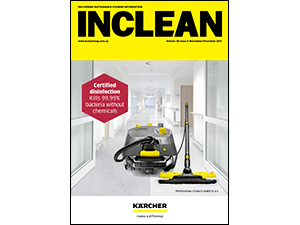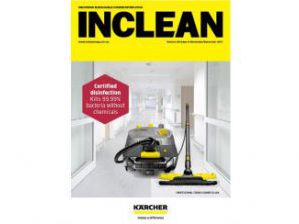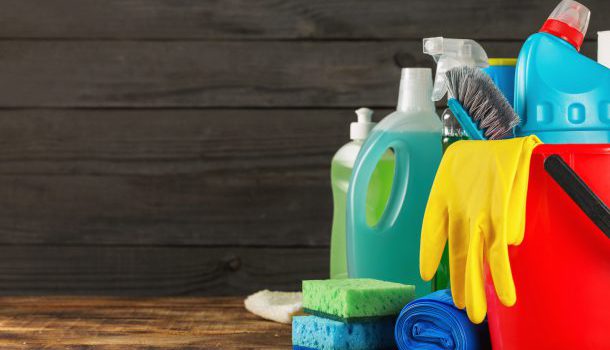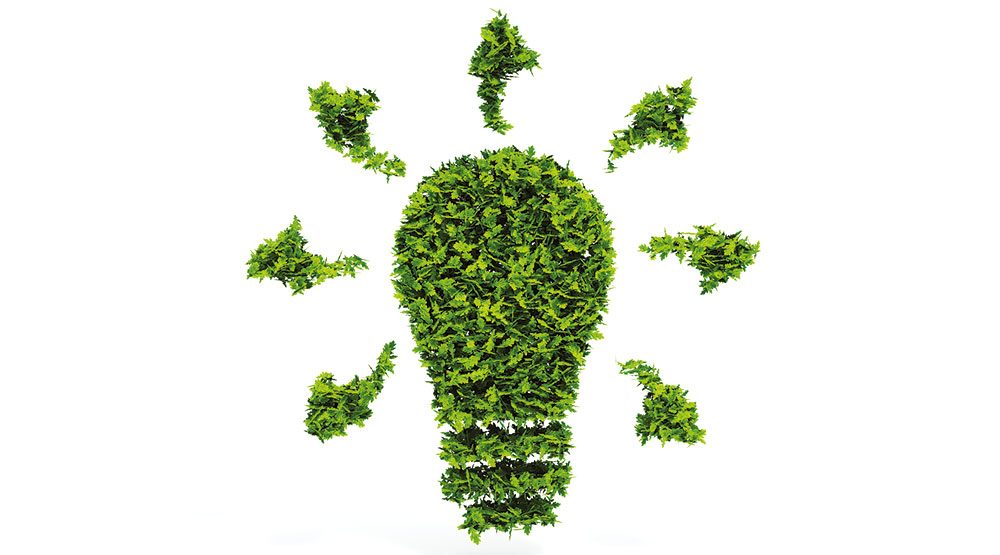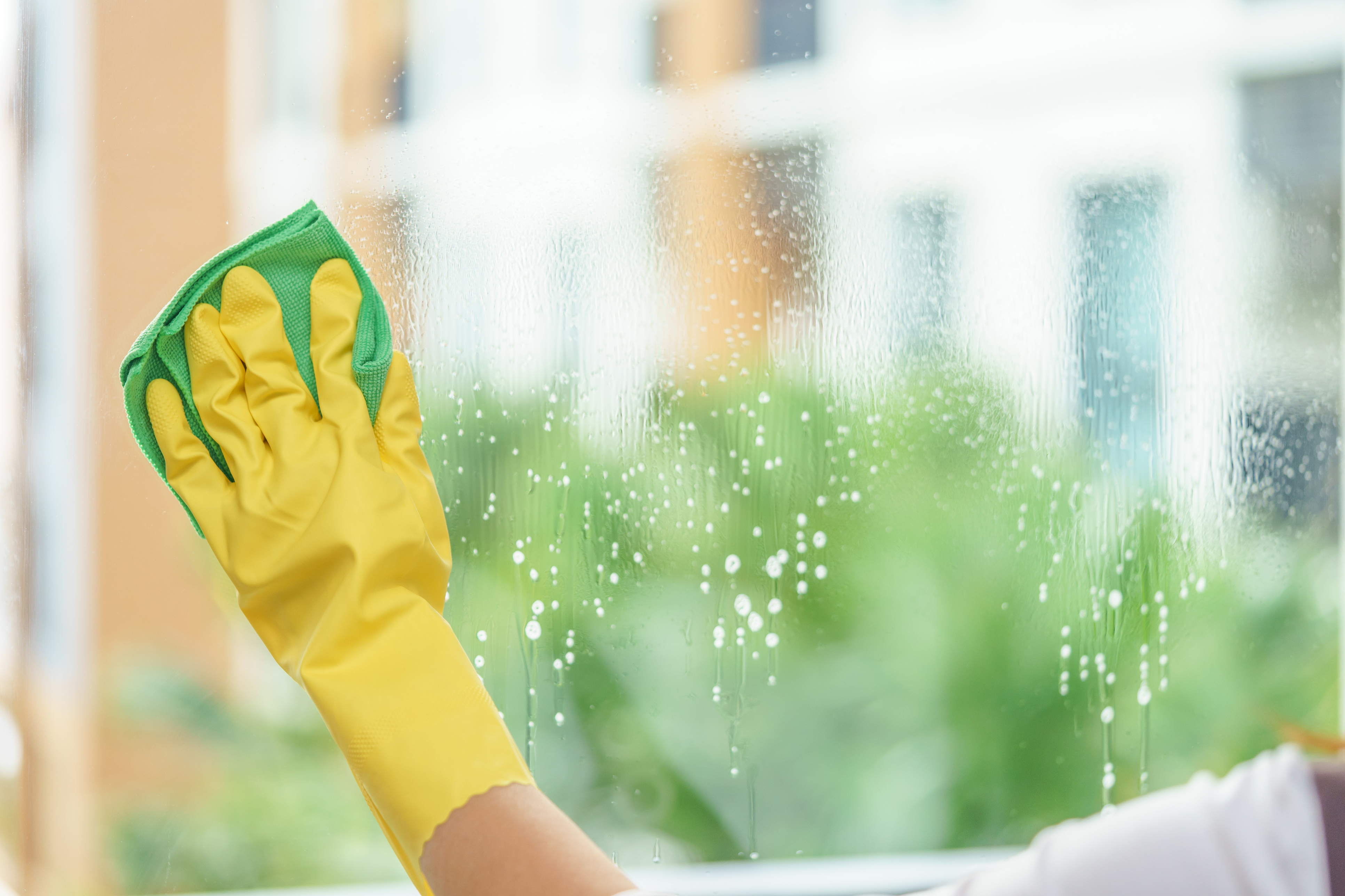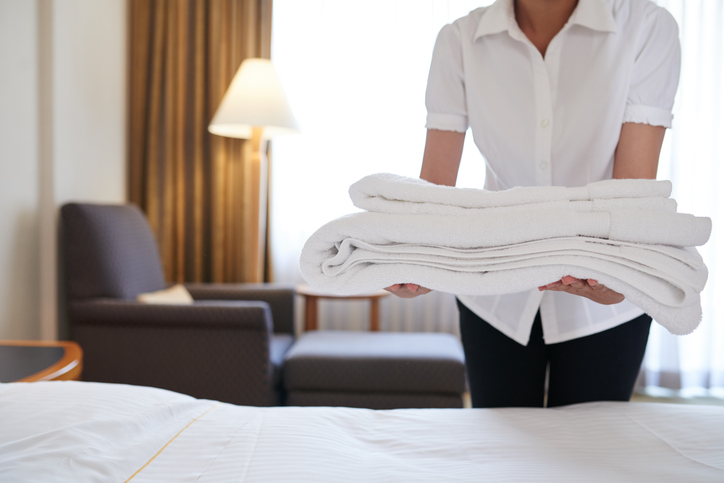
GECA’s Emma Berthold discusses why cleaning product manufacturers with a lower environmental, health and social impact across their operations are well-placed to engage with an industry that is realising the importance of going green.
Sustainability is an increasingly important part of doing business in the hospitality industry, particularly since 21 per cent of global carbon dioxide emissions from the tourism sector can be attributed solely to accommodation. Thankfully, many hotels are embracing opportunities to incorporate initiatives ranging from linen and towel re-use programs to obtaining third-party green certification across their operations.
Recent research by Deloitte (“Hospitality 2015: Game changers or spectators?”) has shown there is a growing customer preference for green hotels, with 95 per cent of business travellers surveyed for the research indicating that they believe the hotel industry should be undertaking green initiatives.
There has also been a general increase in consumer preference for sustainable products across multiple industries. The demand for sustainable products and services is there – and hotels are adopting “green” practices in response.
However, are these efforts effective? Are hotel owners taking full advantage of the opportunities available to them to ensure that their approach to sustainability will benefit their business, as well as the environment?
Although sustainability is seen as an important factor in decision-making processes for hotel owners and managers, it’s not yet fully entrenched in business thinking. Sustainability must be addressed from a holistic perspective, encompassing technology, people, business models, physical assets, operational practices and financial efficiency.
It needs to be embraced across all levels of the organisation and throughout the entire life of the building, from the beginning of construction and interior fit-outs to the ongoing operational procedures.
This presents a challenge to hotel owners and managers who want to do the right thing, but may not know where to start, particularly as more green regulations are introduced into the industry and achieving operational efficiency becomes more difficult.
The publication of the new ISO20400 International Procurement Guidance standard brings some welcome guidance to procurement professionals across many industries, including the hospitality sector.
The standard outlines the factors that must be taken into account when developing and implementing a sustainable procurement policy, which will then govern all the purchasing decisions of an organisation.
What does this mean for cleaning product manufacturers and service providers seeking to engage further with clients in the hospitality sector?
ISO20400 emphasises principles such as transparency, accountability, and ethical behaviour for suppliers. Manufacturers and service providers looking to stand out from their competitors will need to find new ways of communicating their sustainability credentials to potential clients, ensuring that any sustainability claims are genuine and verifiable.
Third-party sustainability certification programmes, such as GECA, can provide this extra layer of trust. The GECA ecolabel on your product or service indicates that your company is having a positive environmental, health and social impact, and this provides an important demonstration of the credibility of your claims.
As competition grows in the green hotels sector, hotel managers will need to look for new ways to meet their sustainability goals and ensure that they are engaging with suppliers whose goals are aligned with their own.
This is particularly important for hotel owners who are working with independent organisations to validate and communicate their sustainability credentials, such as obtaining EarthCheck certification, or TripAdvisor’s Green Leaders program.
Cleaning product manufacturers and service providers who have a lower environmental, health and social impact across their operations – especially those who can prove it with third-party certification – are well-placed to engage with an industry that is realising the importance of going green.
This first appeared in the November/Decemeber issue of INCLEAN
